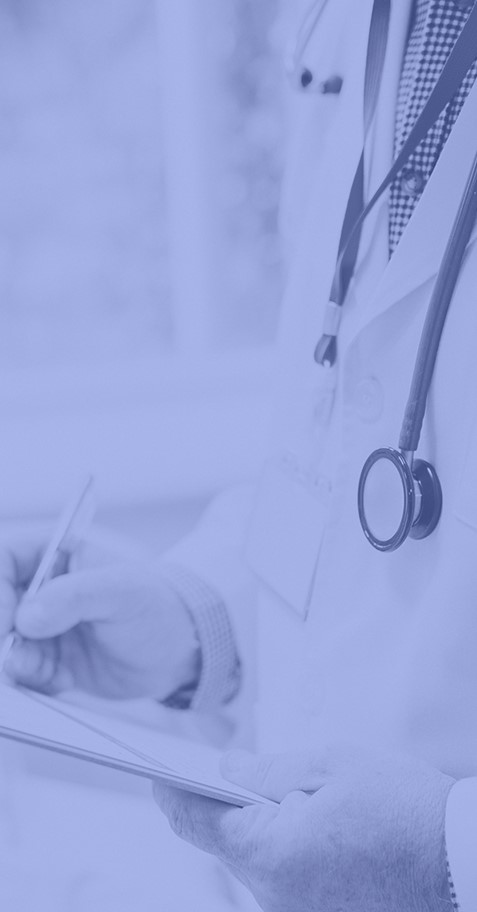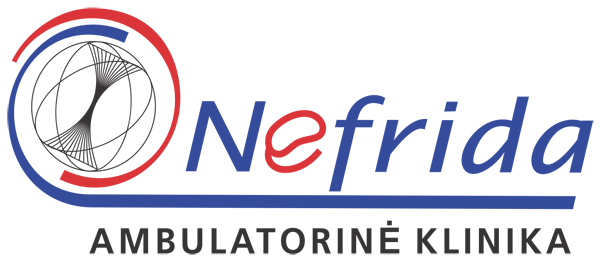

Neurology
Neurology is a branch of medicine, examining and treating disorders and diseases of the human brain and nervous system. Neurologist is responsible for maintenance of adequate and stable central and peripheral nervous systems. He also carries out diagnostic tests for the brain and nervous disorders, consults and develops a treatment plan for patients with various diseases of the nervous system.
Registration by phone
+370 46 397070Nervous system disorders can be triggered by both internal and external factors: viral infections, malnutrition, chronic diseases, metabolic disorders, vascular changes. The most common neurological diseases are migraine, epilepsy, encephalitis, meningitis, Alzheimer’s, Parkinson’s disease, multiple sclerosis, various circulatory disorders. Neurologists also take care of the patients after brain trauma or stroke.
Immediately visit a neurologist, if:
- You constantly feel headache and dizziness;
- You feel various chest, waist or back pains;
- You numbness in one side of your face, head, arm or leg;
- You experience movement and movement coordination disorders;
- You feel memory disturbance, abnormal swallowing reflex, problems with vision, hearing, or other sensory features.
A detailed neurological examination by neurologist at the clinic “Nefrida” will help to accurately detect changes or damage to a specific nervous system, to diagnose the disease and to prescribe the appropriate treatment.
Recommended doctors
Information after procedures
Often, after the procedure in the doctor’s office, patients have questions that they do not dare to ask during the visit or that come to mind only later. In this section, you will find in advance all the most useful information that you should know in the post-procedural period.

Is there any way to prevent a stroke?
Yes, you need to live a healthy lifestyle, don’t smoke, sleep well, exercise a lot. It is important to maintain arterial blood pressure control, to normalize blood glucose levels.
F.A.Q.
If you are hesitating whether you really want to make an appointment for a procedure in our clinic, we invite you to read the frequently asked questions section prepared by our doctors. In it, you will find all the answers to your questions even before the procedure, so you can feel confident in your choice!
When is a neurologist consultation recommended?
When experiencing chronic and severe headache, dizziness, numbness, impaired coordination and orientation, memory problems, loss of muscle strength in a specific area, impaired sense of smell, taste.
What are the signs of a stroke?
A stroke is usually difficult to predict because everyone has different symptoms. For some, speech is impaired, facial symmetry changes, one side of the body weakens, and for others, dizziness, swallowing becomes difficult, and coordination suddenly deteriorates.
What should I do if I see someone else having a stroke?
If you notice a sudden disturbance in speech, balance, coordination, signs of paralysis, call an ambulance immediately. If this is your relative, before going to the hospital, take copies of previous illnesses, examinations, and medications taken.
How to relieve a headache if medicine does not help?
It is very important to understand what factors provoke headaches. Take enough time to rest, drink plenty of water, maintain a healthy and balanced diet, spend more time in the fresh air, exercise regularly, and get quality sleep.

